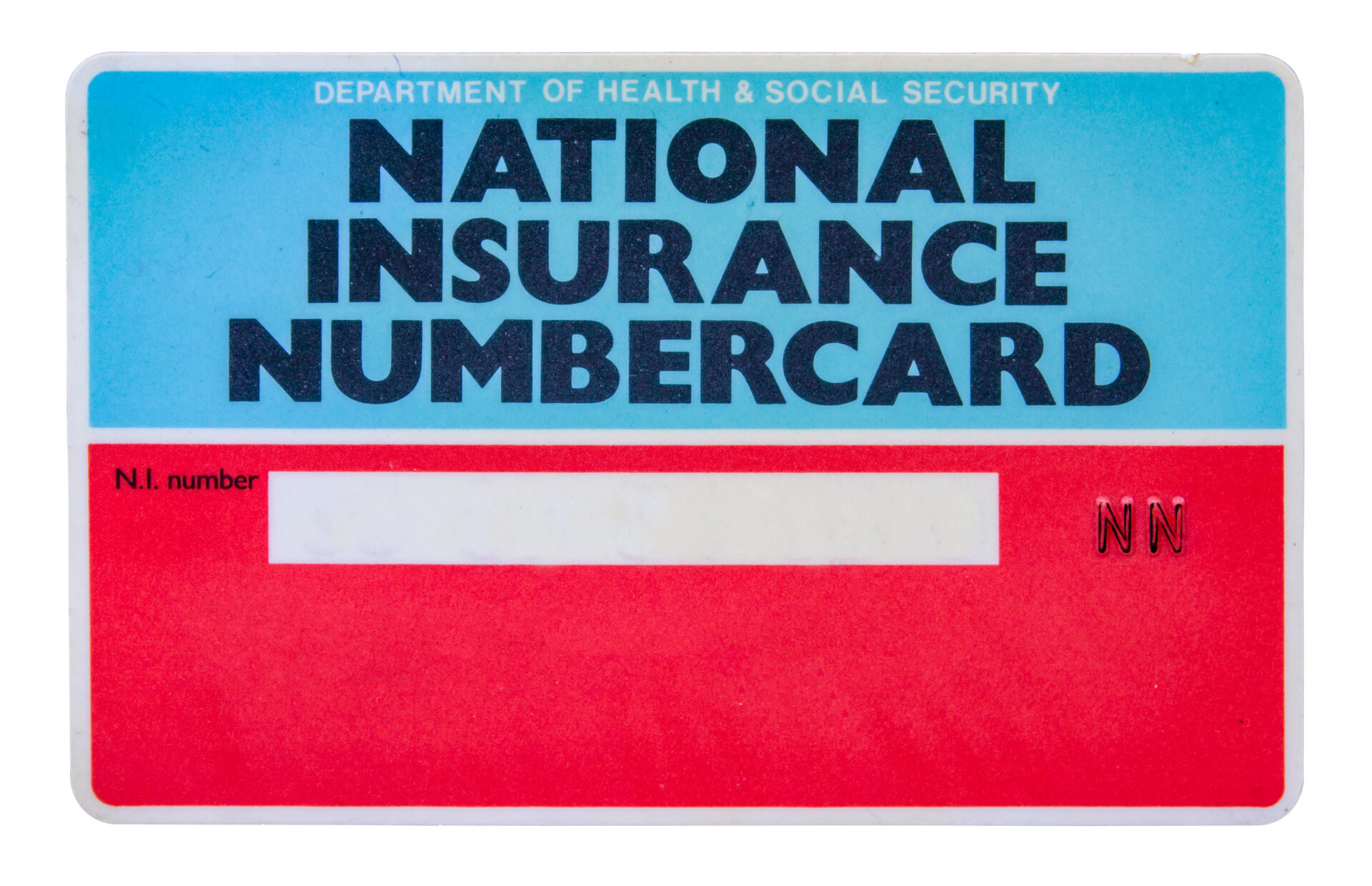

As the festive season approaches, many businesses in the UK are preparing for their annual Christmas parties and considering how to treat their employees. While these events are a great way to celebrate the year’s accomplishments and boost morale, employers should be aware of the tax implications associated with Christmas parties and gifts. This blog will break down the key points regarding Christmas party tax relief and gifts in the UK, helping employers make informed decisions this holiday season.
What is Christmas Party Tax Relief?
In the UK, businesses can claim tax relief for the costs associated with staff parties, including Christmas celebrations. This relief is part of the tax exemption for employee entertainment, which can help reduce the overall tax burden on the company. Here are some essential details:
- Exemption Limit: For the current tax year, the exemption limit for annual events, including Christmas parties, is £150 per employee. This amount includes VAT and applies to the total cost of the party, including food, drink, and entertainment. If an event costs more than £150 then it is taxable in full, not just on the excess over £150; as HMRC advise ‘the figure of £150 is not an allowance’.
- Qualifying Events: The exemption applies to annual parties or events that are open to all employees, not just a select few. Events such as Christmas parties, summer outings, and team-building activities qualify, as long as they meet the criteria.
- No Additional Tax for Employees: If the total cost per employee is below the £150 threshold, there is no additional tax liability for employees. This means they can enjoy the festivities without worrying about a tax bill.
- Costs That Qualify: Eligible expenses may include venue hire, catering, drinks, and entertainment. However, costs related to gifts, transport, or overnight accommodation typically do not qualify for the tax relief.
- Multiple Events: The £150 exemption can be split across more than one function in the year. If the total is less than £150 all events qualify for the exemption. If the limit is breached, the employer can designate which ones should be taken into account to make best use of the exemption.
Tax Relief on Gifts
Gifts to employees during the festive season can also have tax implications. Here’s what employers should know:
- Gifts Under £50: Employers can provide employees with gifts worth up to £50 without incurring tax or National Insurance contributions. This can include items like gift vouchers, hampers, or branded merchandise. These cannot be a reward for services for their work or performance and they cannot be in the terms of their contract. These are known as trivial benefits.
- Annual Exemption: The £50 exemption applies to each individual gift. Employers can give multiple gifts throughout the year as long as each gift does not exceed the £50 threshold and meets conditions as stated above.
- Exceptions: Certain gifts, such as cash or cash vouchers, do not qualify for this exemption and will be subject to tax and National Insurance contributions.
- Gifts for Employee Events: If the business gives gifts during an annual party or event, these gifts will still count towards the £50 exemption. If the value exceeds this limit, the employee may face a tax liability.
Best Practices for Employers
To maximise the benefits of Christmas party tax relief and gifts while minimising potential tax liabilities, employers should consider the following best practices:
- Plan Ahead: Start planning your Christmas party early to ensure that you stay within the tax relief limits and take full advantage of the exemptions.
- Keep Accurate Records: Maintain detailed records of the costs associated with the party and any gifts given. This will help in case of an HMRC enquiry.
- Communicate with Employees: Inform employees about the tax relief and the value of gifts they can expect.
- Consult a Tax Professional: For specific questions or complex situations, it’s wise to consult an accountant to ensure compliance with HMRC regulations.
Christmas parties and gifts can be a fantastic way to celebrate the festive season and show appreciation to employees. By understanding the tax relief available for Christmas parties and the rules surrounding employee gifts, businesses can make informed decisions that benefit both the company and its employees.





